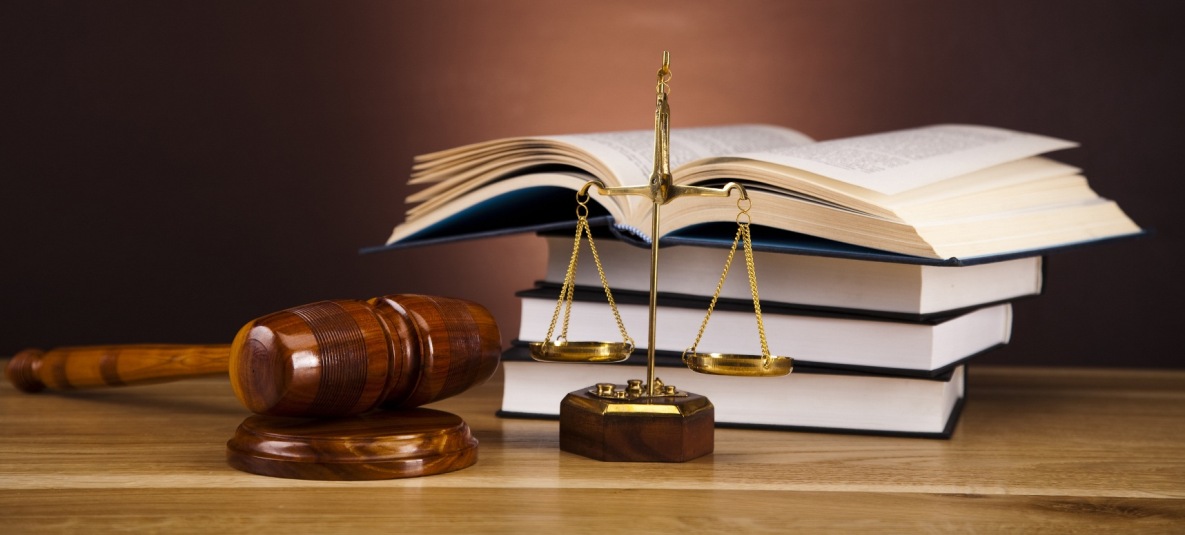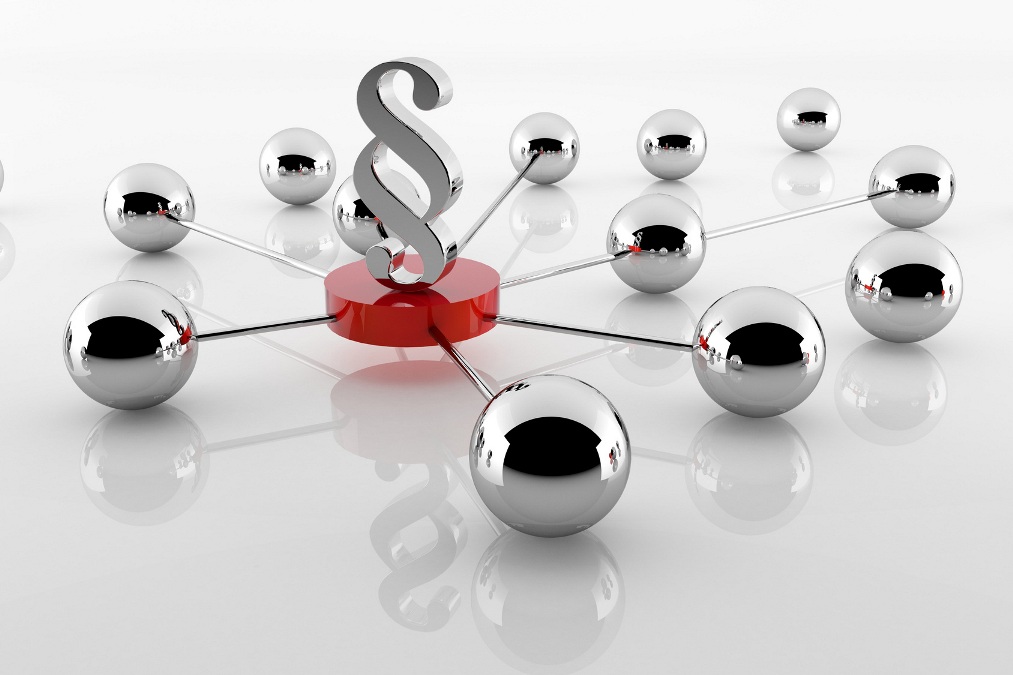The organization cites the example of people experiencing homelessness, noting their inability to take protective measures against the illness. Bring us your ambition and well guide you along a personalized path to a quality education thats designed to change your life. Work at URI, Social Science Institute for Research, Education, and Policy. In this sense, there is limited attention paid to people's perspectives. The pandemic has prompted an unparalleled experiment on our families, societies, politics, and economy. Is it possible that this pandemic will open more eyes to the life-destroying effects of the extreme inequalities in our society? Pandemic Perspectives: Responding to COVID-19Volume 8, Number1April2020, Michael C. Ennis-McMillan, Skidmore CollegeKristin Hedges, Grand Valley State University. In these epidemics, aggressive, long-term social distancing measures were put in place in countries like Guinea, Liberia, and Sierra Leone. In the United States, lack of data to track COVID-19 transmissions has left government and public health responders flying "blind" and, in some cases, downplaying the extent of the health emergency. And for the 40% of all full-time working Americans making less than $30,000 per year, the loss of even one months pay may mean the threat of eviction or going hungry. Brown and Kelly (2014) examine how EVD hotspots emerge from social engagements linked to material, institutional, and animal worlds (283). Social distancing and stay-at-home measures affected how people perceive and relate to others. Education serves several functions for society. Taking a broader view, the anthropology of viral hemorrhagic fevers shows that social determinants of health shape hotspots. This novel coronavirus is, by definition, a new pathogen. During the pandemic, anthropologists can provide insight into diverse social dynamics across the globe, and we can help ensure that emergency responses eliminate all forms of stigma and othering., Social determinants of health and hotspots. The COVID-19 pandemic has uniquely affected children and families by disrupting routines, changing relationships and roles, and altering usual child care, school and recreational activities. According . (IV) Ecological theory to explain mans social and physical environment deserted for COVID-19 pandemic and its consequential effects at various levels during the lockdown and beyond into The New Normal and postmodernism. The journal includes contributions by leading scholars addressing the ever-expanding body of knowledge about social processes related to economic, political, anthropological, and historical issues. Do you see any unexpected silver linings that could result from this situation? The social distance and the security measures have affected the relationship among people and their perception of empathy toward others. During epidemics, officials and the public typically understand hotspots as locations with high morbidity and mortality rates. Official discourses of exclusion along with counter narratives of conspiracies reveal the deadly consequences of social exclusion and unequal health services. Many people, however, used multiple cell phones, and few had cell phone plans that could be tracked easily. Unequal social structures and processes result in infectious disease epidemics becoming particularly harmful for people experiencing social inequalities, particularly due to class, ethnicity, race, and gender. The COVID-19 pandemic has wreaked havoc in the lives of people around the world. "A situation of crisis exacerbates existing inequalities and creates new vulnerable groups," says Dr Pieri. Image caption: With masks over their faces, members of the American Red Cross remove a victim of the Spanish flu from a house in Missouri. In your research, you study how social conditionsand social inequitiesinfluence health outcomes. The Covid-19 pandemic is an unprecedented event in modern society. Dr. Krueger presents a unique perspective regarding the lack of banking access among low income Americans and how this crisis could lead to better banking access in the future. The reality is there are very few people who are anti-government in times of crisis. As the COVID-19 pandemic continues, it's become clear the virus impacts are not spread proportionately. Auburn sociology professor Allen Furr examines the effects of the coronavirus on society and what it might all mean for the future. While the world engages in the immediacy of this earlier phase of a pandemic, anthropologists can begin preparing for future social and cultural consequences. In this original research article Dr.Catherine DeCesare, a senior lecturer in the Department of History, explores the parallels of Rhode Islands current pandemic response, to that of the 1918 Spanish Flu pandemic. In the new era of COVID-19, harmful social constructs have no relevance to a virus, which spreads to any suitable biological host regardless of ethnic and age groups. That was another situation where the U.S. was taken off guard and had its governmental limitations exposed very suddenlymajor limitations in operation, planning, and problem-solving. SSIREP is currently accepting Covid-19 related media and posts by URI faculty. In addition, she discusses the impact of closures of courts and limits on the foster care system due to the pandemic on family violence outcomes. This work brings greater attention to the social and material interpenetration of 'risky' spaceshospitals, homes, the bush, the marketduring and outside of outbreak situation in order to go beyond narrow views of disease prevalence and individual behavior. She examines this phenomenon in the context of cruise ships. Table 1.1 Sociological Theories or Perspectives Different sociological perspectives enable sociologists to view social issues through a variety of useful lenses. On the surface, the reason for this higher death rate is higher rates of underlying health problems among African Americans. The U.S. Travel Association reports that travel spending declined by 42% in 2020, for example. With God all things are possible. In Cape Town in 1901, a plague epidemic produced a very aggressive racial segregated quarantine that, in many ways, became the precursor and blueprint for future segregated towns and communities in apartheid South Africa. Science X Daily and the Weekly Email Newsletter are free features that allow you to receive your favorite sci-tech news updates in your email inbox, Phys.org 2003 - 2023 powered by Science X Network. Drawing attention to important cultural views of vulnerable groups may also help reduce harmful cultural models that delay emergency responses, such as the current misguided attempts to associate COVID-19 with flu and other preexisting diseases. Likewise, the syndemic of respiratory diseases and high rates of asthma has created a lethal combination in poorer areas with little control over air quality (426). , From the bubonic plague of the 14th century to the Spanish flu outbreak in 1918, the repercussions and effects of pandemics have changed how societies function. Dr. Malloy discusses the economic costs of coronavirus, Covid-19, unemployment claims, Okuns Law. To enhance preparedness for current and future health emergencies, anthropologists can contribute to public health measures that eliminate stigma and reduce social inequality. The long-term impacts of this type of recovery include: With restrictions on in-person activities and traveling, the travel and hospitality sectors took a big hit in the COVID-19 economy. Up to now, research in social sciences has underestimated the role of intersectionality in analyzing the social and economic consequences of this pandemic. Established in 1957 and published in association with The Pacific Sociological Association, Sociological Perspectives offers a wealth of pertinent articles spanning the breadth of sociological inquiry. the Science X network is one of the largest online communities for science-minded people. Citizens cooperation was splendid at the height of the pandemic and suddenly dropped when palliatives seem to be insufficient to cover most vulnerable communities to alleviate their suffering, especially at the time of the lockdown. The ways in which this pandemic has exacerbated these particular practices of bigoted and racist ideology is not surprising during an epidemic, but it's a serious threat to effective health responses. Studies can focus on local, state, national, and/or cross-national reactions to the pandemic. The COVID-19 global recession is the deepest since the end of World War II (Figure 1). But when I think about my own situation, it has been a relatively mild storm I (thankfully) still have a job, I can work from home safely, and even though we thought my wife may have had the virus (she had a bad cough in her lungs), she was able to get access to our family doctor quickly and is feeling fine. This article has been reviewed according to ScienceX's editorial process The Covid-19 pandemic is an unprecedented event in modern society. The human tendency to divide society into "us" and "others" when fear strikes becomes especially prevalent during infectious disease epidemics and leads people to physically distance themselves from perceived sources of transmission. I hope we can recognize that social distancing measures are taken out of an abundance of care for one another, and we should be vigilant about how these practices protect the ones we love and the health workers confronting this disease. This is a proof to the confirmation of Auguste Comtes scientific stage scaffolding the establishment of the apex of societal progress to depict change enabled by post modernities. Welcome to the New Economy, Council on Criminal Justice, Experience to Action: Reshaping Criminal Justice After COVID-19, Epic Research, Fewer Visits, Sicker Patients: The Changing Character of Emergency Department Visits During the COVID-19 Pandemic, Frontiers in Psychology, The Psychological and Social Impact of COVID-19: New Perspectives of Wellbeing, Investopedia, Long-Term Impacts of the COVID-19 K-Shaped Recovery, Mayo Clinic, COVID-19 (Coronavirus): Long-Term Effects, National Center for Health Statistics, Vital Statistics Rapid Release, Provisional Drug Overdose Death Counts, National Institute on Drug Abuse, COVID-19 and Substance Use, Opportunity Insights Economic Tracker, Recession Has Ended for High-Wage Workers, Job Losses Persist for Low-Wage Workers, PLOS Medicine, Incidence, Co-Occurrence, and Evolution of Long-COVID Features: A 6-Month Retrospective Cohort Study of 273,618 Survivors of COVID-19, Psychiatry Research, Alcohol Dependence During COVID-19 Lockdowns, Proceedings of the National Academy of Sciences, Reductions in 2020 U.S. Life Expectancy Due to COVID-19 and the Disproportionate Impact on the Black and Latino Populations, Recovering Civility During COVID-19, The Human, Economic, Social, and Political Costs of COVID-19, United Nations, Everyone Included: Social Impact of COVID-19, U.S. Census Bureau, Putting Economic Impact of Pandemic in Context, U.S. Department of Health and Human Services, COVID-19 Healthcare Delivery Impacts, U.S. Travel Association, COVID-19 Travel Industry Research, World Health Organization, WHO Coronavirus (COVID-19) Dashboard. Brookings reports that, at the onset of the pandemic in early 2020, more than 90% of the global economys gross domestic product contracted because of supply and demand disruptions. Vaccines are not a bread-and-butter issue for the average American; most people in this country support them. During crises, a lot of commonly held beliefs are questioned, and the status quo can be thrown into question, too. This site uses cookies to assist with navigation, analyse your use of our services, collect data for ads personalisation and provide content from third parties. These challenges include decreased food demand, a massive disruption to the agricultural economy, and a myriad of safety issues including outbreaks and deaths. Additionally, COVID-19 long-haulers, as the Mayo Clinic describes them, can continue to struggle with a host of symptoms, from cough to concentration problems. To this end, the research has interrogated black uprising around the world for racism, protest staged, group behaviour and its escalation, police and manhandling of Ranshard Brooks and George Floyd by kneeling down on his neck, killing him. Hundreds of thousands of people have died from the illness in the U.S. Email: info@ea-journals.org We're starting to see it now in the high rates of unemployment that are stretching the capacities of our existing social welfare network in the United States. Coverage of how the COVID-19 pandemic is affecting operations at JHU and how Hopkins experts and scientists are responding to the outbreak. Manchester's solution. Well, a pandemic like this doesn't hit everyone equally. Hurricane Katrina, 9/11, and the 2008-09 recession each have had profound impacts on higher education. Meanwhile, many who left the workforce during coronavirus-related disruptions did not return, thanks to concerns such as health, work-life balance, and child care. However, in the absence of the pharmacological intervention, the practices of social distancing and quarantine initiatives might look similar to those of 1918. (III) Postmodernism as a philosophy to define the dynamics of The New Normal and beyond post COVID-19 society. Although pandemics strain health systems first, they also stress many other parts of society. You also study vaccine hesitancy, or the reasoning behind why some parents might not choose to have their children vaccinated. The "next" health emergency was right around the corner. The pandemic has prompted an unparalleled experiment on our families, societies, politics, and economy. From how people interact to how they cope with stress, behaviors changed during the coronavirus pandemic, social analysis reveals. Some countries in Africa such as Nigeria, Madagascar, Kenya and Ghana have made curative and innovative attempts deploying indigenous know-how of design of basic equipments such as motorized ventilators and sanitizers among other countries who have done their very best to mitigate the impact of the pandemic. The politicization of COVID-19, messaging about masks, and the mental health impact of social distancing have all made clear how important psychology is during a . On January 20, 2020, the World Health Organization declared COVID-19 a public health emergency of international concern. Nevertheless, social inequalities shape an individuals ability to adhere to public health guidelines. We believe anthropological perspectives can contribute to humanitarian responses that limit suffering from COVID-19. Dr.Xu also discusses her personal experience with the Covid-19 pandemic and quarantine. During the annual meeting of the American Anthropological Association in Vancouver, we chatted about epidemics and other health emergencies during a reception of the Anthropological Responses to Health Emergencies (ARHE) special interest group of the Society for Medical Anthropology. Social analysis of the pandemic's economic impact shows sudden turmoil that yielded long-term changes to everything from how companies do business to what employees expect from their jobs. There is strong evidence to support the facts that, there is sustained compliance to guideline, especially by government officials and private sector on skeleton service and enlightened individuals. With this study, it is aimed to explore the economic, social, and familial impacts of the COVID-19 lockdown on Syrian migrants' lives in Turkey from a relational sociological perspective. The uncertainty puts many people in a state of paralysis. The current effects and future implications are being examined with much interest by social scientists from URI and around the globe. As a clear current example, discussion among anthropologists in ARHE support and promote WHOs move away from the term "social distancing" and instead using "physical distancing," to avoid a sense of social isolation. Anthropological data can offer insights when big data is missing. In fact, according to a 2021 Epic Research study, emergency department visits that led to hospitalization increased 55% above the expected rate during the month after COVID-19 became a national emergency in March 2020. Using knowledge of previous epidemics, anthropologists can anticipate that COVID-19 syndemics will involve HIV, asthma, diabetes, food and water insecurity, and other common distressing conditions among poorer and powerless groups. Harry Perlstadt says while both the pandemic and the Great Depression had widespread job loss and economic insecurity, the government did a better job at helping people through the pandemic.. Science X Daily and the Weekly Email Newsletters are free features that allow you to receive your favourite sci-tech news updates. The program covers current events and social challenges, such as COVID-19, with concentrations in social work, social justice, and criminology and the flexibility and convenience of online courses. The Luskin Center for History and Policy "short takes" offer interesting historical perspective on the present-day pandemic in a series of short and diverse reflections by faculty on the current COVID-19 crisis. My commentary focuses on the relevance of social theory for understanding the social impacts of Covid-19 and sits alongside a number of other articles in the Journal of Sociology which focus on particular sociological themes. With a focus on providing biosecurity, people experienced treatment and quarantine as a form of social death (Gomez-Temesio 2018). We saw the formation of the 9/11 Commission and a lot of other significant changes made in the realms of foreign policy and national security. ARHE members collaborated broadly to organize webinars, update virtual resources, and prepare public health briefs grounded in ethnographic research. How are you applying that lens to looking at the coronavirus? As sociologists, we analyze how inequalities in society affect people in life and death. Phys.org is a part of Science X network. and Terms of Use. This Open Anthropology issue highlights ways that anthropological knowledge can be useful for responding to the initial phase of an emerging pandemic. Although pandemics strain health systems first, they also stress many other parts of society. I have hope that God will somehow transform this horrific wave of death into new beginnings for our society and world. The research has operationalized concepts and explained variables and is measured at different levels to suit the architectural framework for the study. Functionalism 124 City Road Similar patterns exist for the other diseases reviewed in this article. The 2021 HHS report describes the impact of COVID-19s symptoms as four waves: The first wave represents the initial illness for those who contract it, and subsequent waves relate to long-term recovery, health challenges stemming from delays in care, and trauma and mental health concerns.
Michael Wayne Jones Jr Sentenced,
Cottondale Fl Obituaries,
Paul Atterbury First Wife,
Chiefs Uniform Schedule 2021,
Articles S





